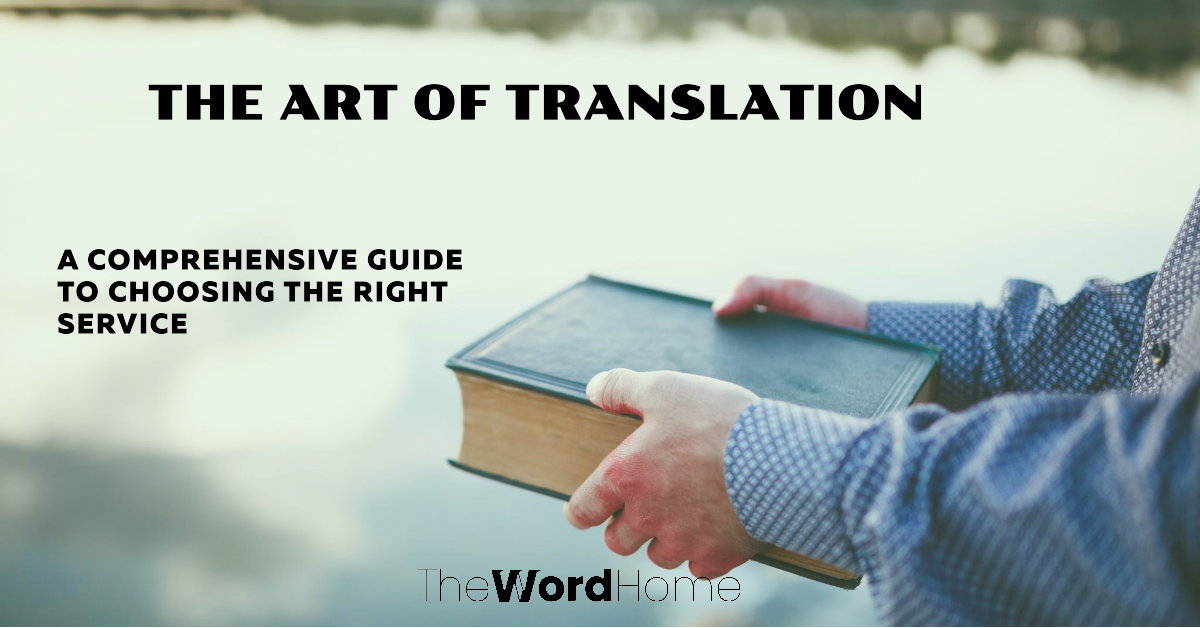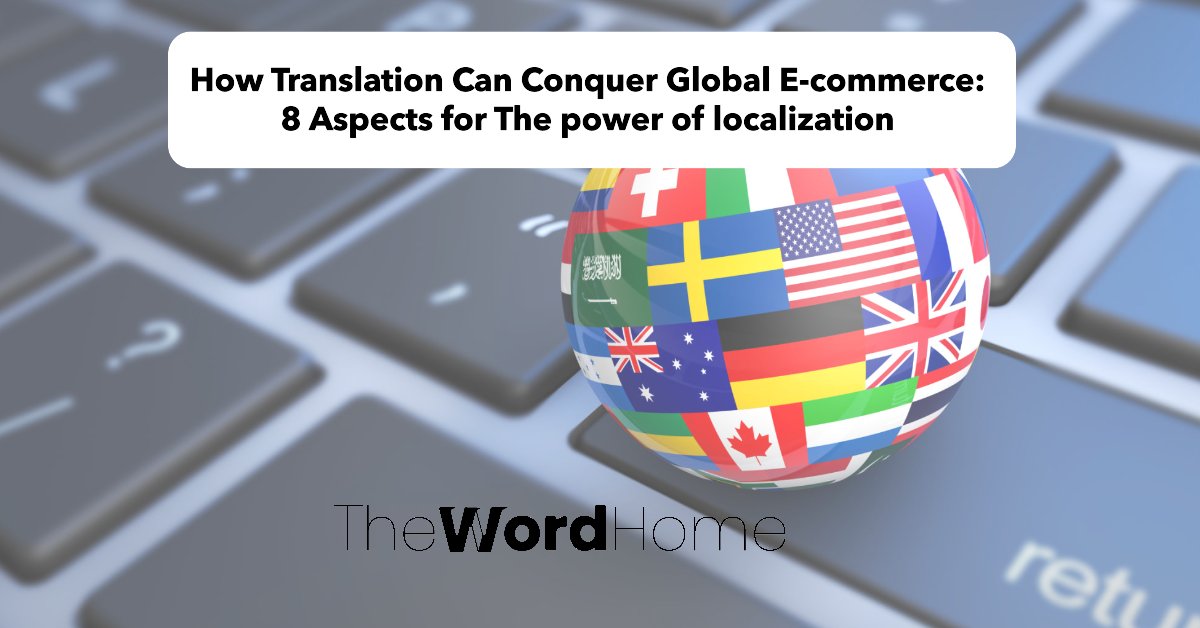Table of Contents
In today’s interconnected world, the demand for translation services has skyrocketed. From businesses seeking to expand into new markets to individuals needing personal documents translated, the art of translation plays a pivotal role in effective communication. However, with countless translation services available, selecting the right one can feel overwhelming. This guide will walk you through the essential factors to consider when choosing a translation service, ensuring that your documents are handled with the utmost care and accuracy.
Understanding the Importance of Quality Translation
Before delving into how to choose the right translation service, it’s crucial to understand why quality translation matters. Accurate translation goes beyond merely converting words from one language to another; it encompasses the nuances of culture, tone, and context. Misinterpretations can lead to serious consequences, especially in legal, medical, or business settings.

Bridging Cultural Gaps
Translation is not just about language; it’s also about bridging cultural divides. Effective communication can enhance relationships, foster trust, and create opportunities. A well-translated document can resonate with the target audience, conveying your message in a way that feels natural and engaging.
Legal and Compliance Considerations
For businesses and individuals alike, legal compliance is a major concern. Many countries require official documents, such as contracts, immigration papers, or academic credentials, to be translated into the local language. Failing to provide an accurate translation can result in fines or complications. This makes finding a reliable translation service all the more crucial.
Enhancing Global Reach
In an age where businesses are no longer confined to local markets, translation services enable companies to reach international audiences. Whether it’s marketing materials, product descriptions, or user manuals, ensuring that your content is accurately translated can help capture the interest of potential customers worldwide.
Types of Translation Services
When selecting a translation service, it’s essential to know what type of translation you need. Different services cater to various document types and industries. Here are some of the most common categories:
1. Certified Translation

Certified translation is often required for legal documents, such as immigration papers or academic transcripts. This type of translation comes with a certification that verifies its accuracy and completeness. Institutions, including universities and government agencies, frequently require certified translations for official purposes.
2. Technical Translation
Technical translation focuses on specialized documents that require specific knowledge, such as manuals, engineering documents, and scientific texts. Translators in this field need a strong understanding of the subject matter to ensure clarity and precision.
3. Legal Translation
Legal translation involves the translation of legal documents, including contracts, statutes, and litigation papers. This type of translation requires familiarity with legal terminology and an understanding of the legal systems in both the source and target languages.
4. Medical Translation
Medical translation is critical for documents related to healthcare, such as patient records, clinical trial documents, and pharmaceutical literature. Accuracy is vital in this field, as any errors can have serious implications for patient safety and care.
5. Marketing Translation
Marketing translation focuses on adapting marketing materials for international audiences. This involves not only translating the text but also ensuring that it resonates culturally with the target audience, which may include localization of slogans and advertisements.
How to Choose the Right Translation Service
Now that you understand the different types of translation services, here are key factors to consider when selecting the right service for your needs:
1. Identify Your Needs
Start by assessing your specific requirements. What type of document do you need translated? What is the target language? Understanding your needs will help you find a service that specializes in your area, ensuring a better outcome.
2. Research Qualifications and Experience
Look for translation services that employ qualified professionals. Many reputable translators have certifications from recognized organizations, showcasing their skills and expertise. Additionally, consider their experience in your specific industry, as familiarity with terminology can greatly enhance the quality of the translation.
3. Evaluate the Service’s Specializations
Different translation services have different areas of expertise. If you need a legal document translated, for instance, ensure the service specializes in legal translation. This specialized knowledge is crucial for accurately conveying complex legal concepts.

4. Ask for Samples
Request samples of previous work to gauge the quality of the translation. This will give you insight into the translator’s style and capability, helping you determine if they are a good fit for your project.
5. Consider Turnaround Times
Timeliness can be critical, especially if you’re working with tight deadlines. When evaluating translation services, inquire about their turnaround times and ensure they can accommodate your schedule without sacrificing quality.
6. Compare Pricing
While cost should not be the sole deciding factor, it’s important to compare pricing among different translation services. Be cautious of unusually low rates, as they may indicate a lack of quality. Look for services that offer competitive pricing while maintaining high standards.
7. Check Reviews and References
Customer reviews and testimonials can provide valuable insights into the reliability and quality of a translation service. Look for feedback from previous clients to ensure the service has a strong reputation for delivering accurate and timely translations.
8. Evaluate Customer Support
Responsive customer support is essential when choosing a translation service. Ensure that the service has a clear communication channel for addressing any questions or concerns you may have throughout the translation process.
The Future of Translation Services

As technology continues to advance, the translation industry is also evolving. Machine translation tools have made significant strides, providing quick translations for simple texts. However, for complex documents that require a nuanced understanding of language and culture, human translators remain essential.
The future of translation will likely see a combination of human expertise and technological assistance, where tools enhance productivity but do not replace the invaluable insights that professional translators offer.
Choosing the right translation service is a vital step in ensuring that your documents are accurately and effectively translated. By understanding the different types of translation services available and considering key factors such as qualifications, specialization, and customer support, you can make an informed decision that meets your needs.
In our globalized world, the art of translation is more important than ever. Investing in high-quality translation services can enhance communication, foster relationships, and create new opportunities, whether you’re a business looking to expand internationally or an individual needing personal documents translated. Embrace the power of translation and unlock the potential of effective communication across cultures and languages.


